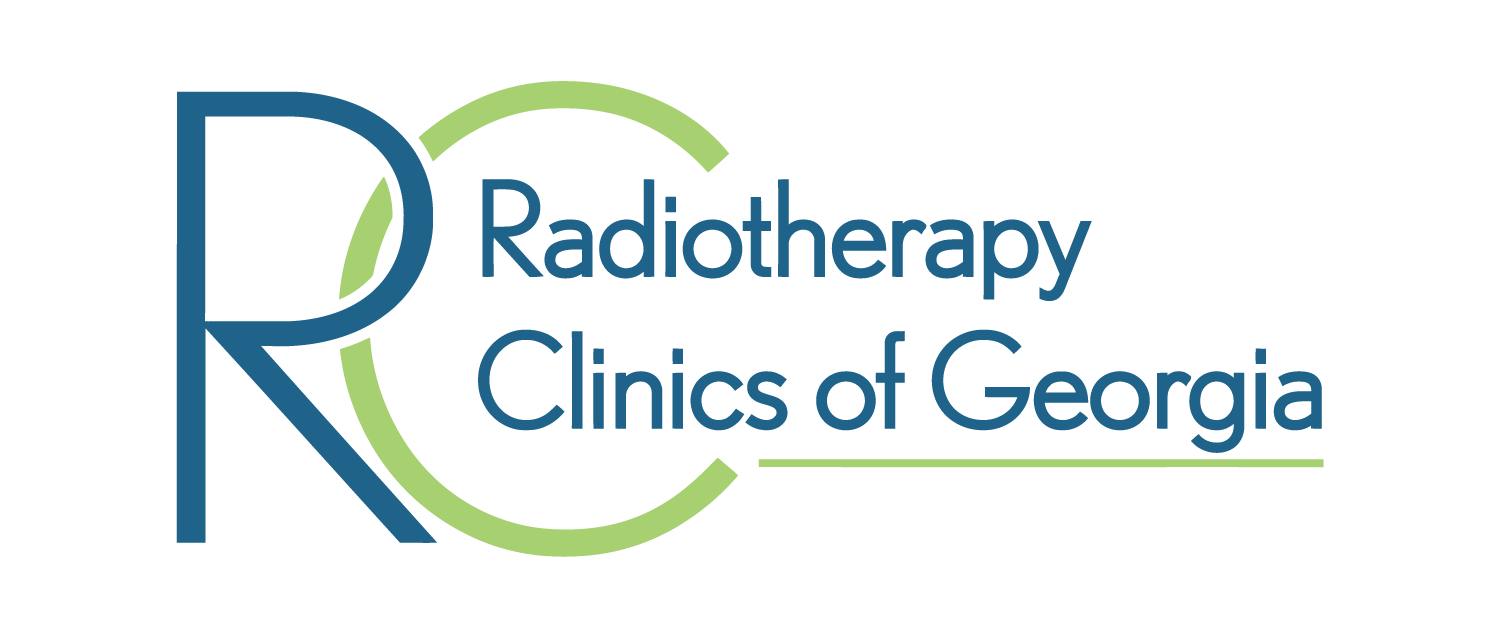
The last thing anyone wants is for cancer to return after its remission, but unfortunately, cancer recurrence can happen. If you’ve recently been treated for breast cancer or found out that your cancer has returned after going into remission, then it is important to educate yourself on recurring breast cancer so that you can be more aware of what it is and what to look for.
What is Breast Cancer Recurrence?
When breast cancer treatment has been successful, the cancer goes into remission, meaning there are no more signs or symptoms of the disease. Some cancer cells can remain, however, even after breast cancer has been successfully treated. These cells can grow and cause breast cancer to return even after it has been gone for some time. This is referred to as a breast cancer recurrence. Breast cancer can return months or years after it was initially treated.
If new breast cancer is found in the breast that was not previously treated for cancer, this is considered a new cancer diagnosis and is not the same as a recurrence. The cancer has to return to the same breast where it was previously found and treated in order to be considered a recurrence.
Types of Breast Cancer Recurrence
Different types of breast cancer recurrence are local, regional, and distant.
Local
A local recurrence occurs when cancer has returned to the same breast area where it was originally found. This can mean that the cancer is growing in the remaining breast tissue or in the tissue lining the chest wall. Symptoms of a local recurrence include a lump in the breast, changes in the skin of the breast, skin inflammation or redness, and unusual nipple discharge.
Regional
A regional recurrence has spread beyond the initial location but is still nearby, usually in a lymph node in the armpit or collarbone area. Signs and symptoms of a regional recurrence include a lump or swelling in the armpit, collarbone, or neck.
Distant
When a distant recurrence occurs, the cancer has spread far beyond the initial location to the lungs, bones, brain, or other body areas. This is also referred to as stage 4 breast cancer. Signs and symptoms of a distant recurrence include persistent pain in the chest, back, or hip, persistent cough, difficulty breathing, loss of appetite, unexplained weight loss, severe headache, and seizure.
Risk Factors for Breast Cancer Recurrence
Your likelihood of having a breast cancer recurrence will vary depending on the treatment approach that was used and the type of breast cancer you had. For example, individuals who have had a lumpectomy treatment followed by radiation therapy have a 3% to 15% chance of a recurrence within 10 years of treatment.
Certain risk factors will make you more likely to have a breast cancer recurrence, such as:
- Age: Patients diagnosed with breast cancer before age 35 are more likely to have a breast cancer recurrence.
- Cancer stage: A more advanced cancer stage at the initial time of diagnosis will correlate with an increased risk of recurrence. Your doctor will use a staging and grading system to determine how advanced your cancer is and decide on the best treatment plan.
- Cancer type: There are different types of breast cancers, and some are more likely to recur than others. Inflammatory breast cancer and triple-negative breast cancer are two types that are more likely to recur compared with others.
- Obesity: Having a higher body mass index can make you more likely to have breast cancer recurrence.
Symptoms of Breast Cancer Recurrence
Symptoms of breast cancer recurrence will vary depending on the type of recurrence. Some common signs and symptoms of breast cancer recurrence include:
- A lump on the breast or chest area
- Flattening of the nipples or abnormal discharge
- Swollen skin near a lumpectomy site
- Thickening of the skin near the surgical scar
- Firm breast tissue
- Chest pain
- Difficulty swallowing
- Pain or swelling in one arm or shoulder
- Swollen lymph nodes in the underarms or collarbone area
- Dry cough
- Dizziness
- Fatigue
- Loss of appetite
Because of the possibility of breast cancer recurrence, you will see your doctor every few months following the completion of cancer treatment. This allows your doctor to monitor for any changes and look for signs of recurrence. If you notice any abnormal signs, schedule a visit with your doctor immediately so that they can determine if recurrence has occurred.
Treatment for Recurrent Breast Cancer
The treatment approach for recurrent breast cancer will vary depending on the stage and severity of the cancer.
As with initial treatment, recurrent breast cancer may require a few therapies to be effective. These can include:
- Surgery. Surgery is a common approach for local recurrences. Surgical treatment for recurrent cancer aims to remove all of the cancerous tissue.
- Radiation therapy. Radiation uses x-rays and other high-energy beams to kill cancer cells. This treatment approach might be recommended for a recurrence if you hadn’t previously received radiation. If you’ve already had radiation in the past, it may not be recommended since there is a higher risk of side effects.
- Chemotherapy. Chemotherapy uses strong drugs to kill cancer cells. Chemotherapy is commonly used after surgery to reduce the risk of cancer recurrence.
- Hormone therapy. Medications can be used to block certain hormones that influence cancer growth.
- Targeted therapy. Targeted therapy uses drugs to kill cancer cells. This therapy is commonly used for cancer cells that produce HER2 protein.
Don’t forget to attend your follow up appointments with the cancer care team. These checkups are important to catch any recurrence early on. If you suspect your breast cancer has recurred because you’ve noticed a lump, schedule an appointment with your oncology team -- even if it’s not time for your regular checkup.
Your doctor will run tests and develop a new treatment plan for you, if cancer has returned. Radiation therapy may be a part of your plan. You’ll need to go to a radiation cancer center several times a week for a few weeks for this portion of your treatment plan. Because of this, we recommend you choose a radiation therapy team that offers the latest technology in a location that’s convenient for you.
If you're in the greater Atlanta area, Radiotherapy Clinics of Georgia offers breast cancer radiation therapy at our offices in Conyers, Covington, Decatur, and Snellville.




